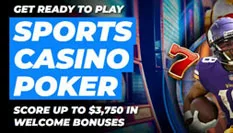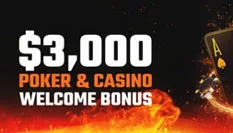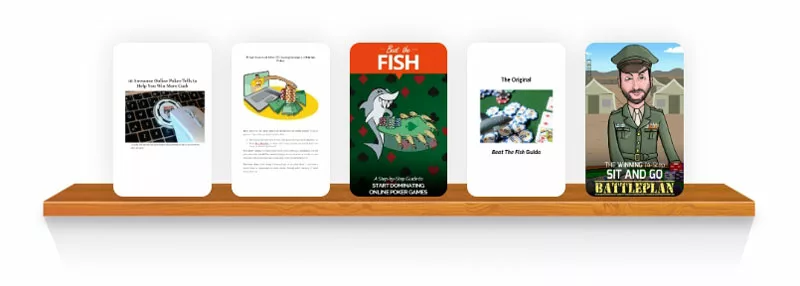This Tell Makes The Nuts Win More
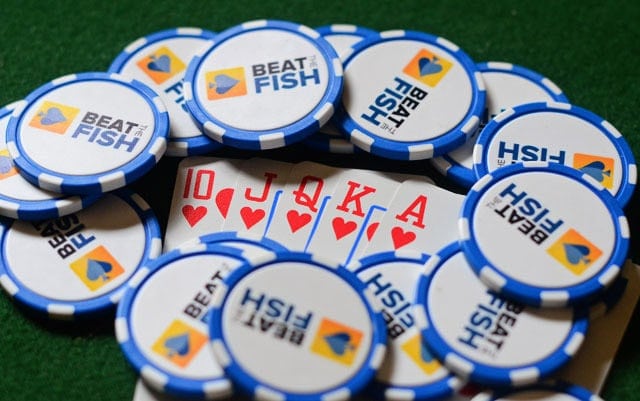
Patience in poker is a virtue, as it is in life. If you don’t play poker with patience and discipline, you’re certainly not winning as much as you could be, if you win at all.
A little bit of self-determination may be all it takes to regain your psychological poker smarts. I believe that your outlook on the game and your ability to make responsible decisions are just as important as the cards you hold and what position you’re in.
Now that the ambiguous life-lesson big-picture formalities are out of the way I’d specifically like to teach you how to slow down and use a reverse tell to increase your winnings with your monster hands.
Table of Contents
Discipline and patience in poker = success
Remember that you can’t control any of your opponents’ actions, but you have to control every one of your own actions. Your only action at the table is to make the best possible decisions given the information available to you. That’s it.
Poker’s pretty simple when you think about it that way. Just focus on making good decisions every time it is your turn to act. No one is immune from playing the occasional J-5 offsuit from under the gun, but try to practice self-discipline and keep this leak to a minimum.
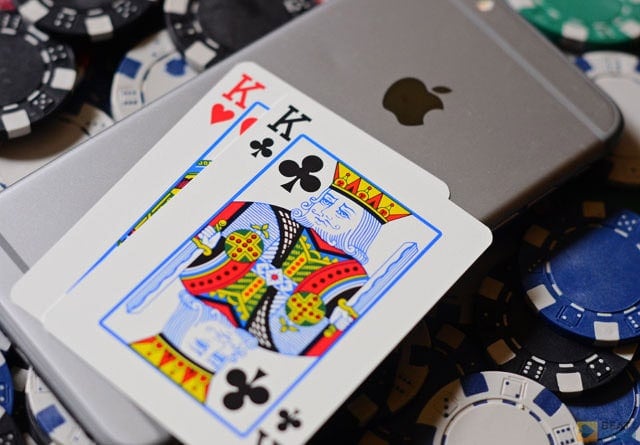
Initially, you need patience in poker primarily in terms of your starting hands. Ideally, you should wait for the right opportunity with strong cards and seize it by raising your opponents and building a pot. Most often, you’ll need this patience when you’re in the middle of a run of cold cards.
Extra patience is needed when you connect big time with the board
However, you also need patience when you’ve hit a real monster hand. I often see players, especially online, who can’t wait to get all their chips in the pot after they’ve just hit their nut flush or straight.
Why give away your hand unless you’re trying to bluff your opponent out of the pot?
Of course, that is a great online bluff to take advantage of occasionally. Just know that betting or raising instantly can be a great tool to intimidate your opponents and gain control of the hand.
The reverse tell: slow down and hesitate with your monster hands
Let’s assume, however, that you aren’t bluffing and that you want action from your opponent. Have a little patience and take your time when you’re about to call or raise your opponent. What you’re trying to convey is weakness and hesitation.
Of course, online poker vets will be extremely wary of a delayed raise, which is why I advocate for a slow call on the flop in position with the intent of making your play on the turn.
When you have a very strong or unbeatable hand you should let your opponent feel like he’s taken control.
If you are in position and are acting after your opponent, immediately betting, calling, or raising will let your opponents know that you like have something substantial. This shouldn’t be your goal when you want action.
By “thinking” about your action for at least a few seconds, you’re implying that you have a close call to make.
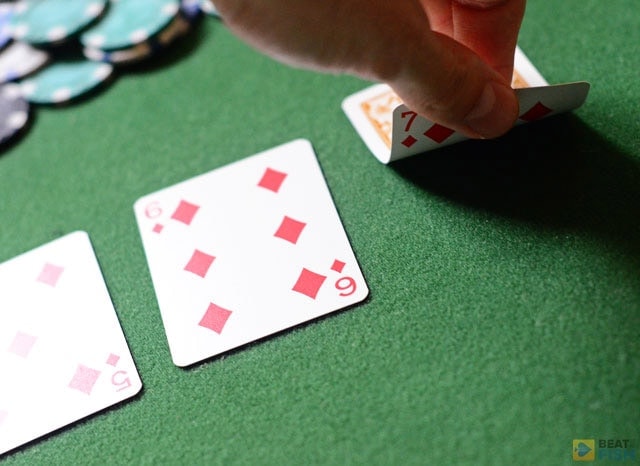
If you’ve hit your hand on the flop and your opponent bets out, you should consider just calling his bet instead of raising. Why? If you’ve hit the nuts or close to it, you want your opponents to pay you off. You should string him out and allow him to improve his hand as opposed to raising him out of the pot on the flop.
Example hand with the hesitation reverse tell
To illustrate this point, let’s say that you limped in with Ah-6h from the button in a no-limit ring game. This isn’t a call that you would normally make, but you were feeling confident and 3 other limpers had come into the pot.
The flop and the nut flush
The big blind checks the hand down, and you see a flop of 4h, Jh, 9h giving you the nut flush!
Ah, if poker were as easy as imagination.
Since you’re on the button you have position on your 4 opponents and will get to act last in each betting round. Remember, position is power in Hold‘em and you’ve picked the best position to play your hand from.
You don’t want to scare anyone out of the pot with 3 suited cards on the board.
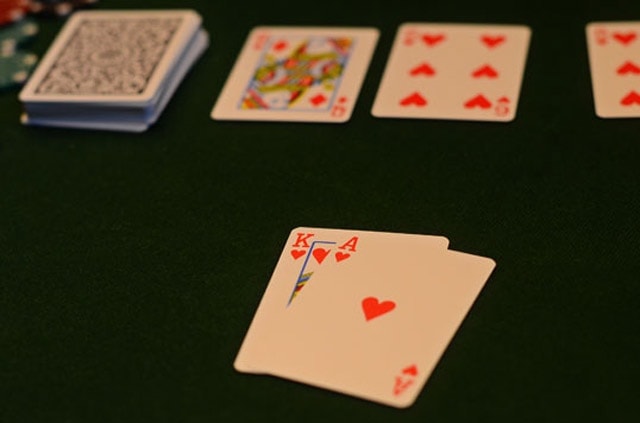
The big blind bets the pot, and everyone folds to you. First of all, there’s no reason to raise this hand as there are no conceivable threats to your flush right now. Don’t call right away, though!
Take your time and act a little bit. Try to give off a, “Shoot. I’ve got two pair but he could have a flush,” vibe. After you’ve given it a few seconds, just call.
Do you see the advantage in this play? He probably won’t put you on a made flush because of your hesitation, plus you’ve allowed him to take control.
The turn
The turn comes with another heart, this time with an 8. This is an excellent card for you, as your opponent could have also just made a lesser flush. Your opponent bets the pot again, which has grown quite large. At this point, if he has just a little bit more money you might as well put him all-in.
Hesitate and call again before making your play
However, if there is still a decent amount to be won, just hesitate and call again. Your opponent might be getting suspicious, but if he has the Q or K of hearts he’ll still probably be feeling pretty good at this point. The river comes with a deuce of spades, and he bets half of his remaining stack.
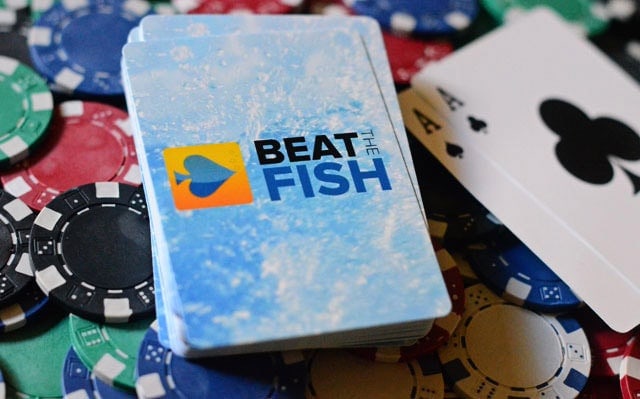
Hesitate one final time before you double his raise, putting him all-in. Hopefully, he actually has made another flush and will call your bet.
If he’s just been bluffing the whole time, he’ll probably fold but you’ve managed to gain a lot more out of him on the turn and river by letting him think he was ahead.
In the actual hand in question my opponent had a Qh-Kc.
Take your time and always go for maximum value
Again, you can extract many extra bets from your opponent by taking your time and looking like you’re hesitating when you have a great hand. After you do hesitate, think about just calling or check-calling rather than raising.
If you can’t see a possible better hand than yours, why drive your opponents out of the pot?
Keep in mind that this is the opposite strategy I recommend when you have a vulnerable hand like top pair, two pair, or a set with a draw on the board. In these situations, you should bet out to protect against possible draws.
Always keep in mind that cards will only get you so far. It is discipline and patience in poker which will really get you across the finish line.
